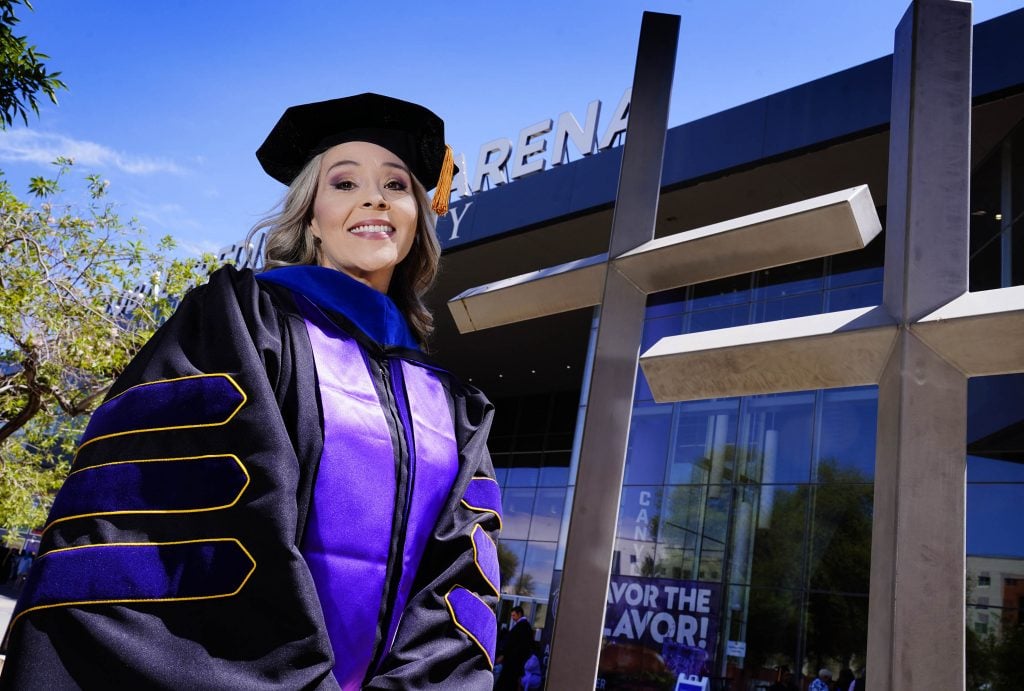
Katie Alexander sensed the stress during her first residency, when she identified herself as an officer eager to alleviate the tension between law enforcement and the community over procedures as mundane as a traffic stop.
“The George Floyd incident just happened,” Alexander said. “And everybody was just outraged, and a lot of hatred was out there.”
She wanted to put the brakes on the tension, especially after believing no one else sought to find answers.
“I thought, what better person to do this than me?” said Alexander, a law enforcement liaison with the Texas Municipal Police Association. “Everyone knows I’m not afraid of anything, so I have an extreme passion to bridge the current gaps we have between law enforcement and community members.
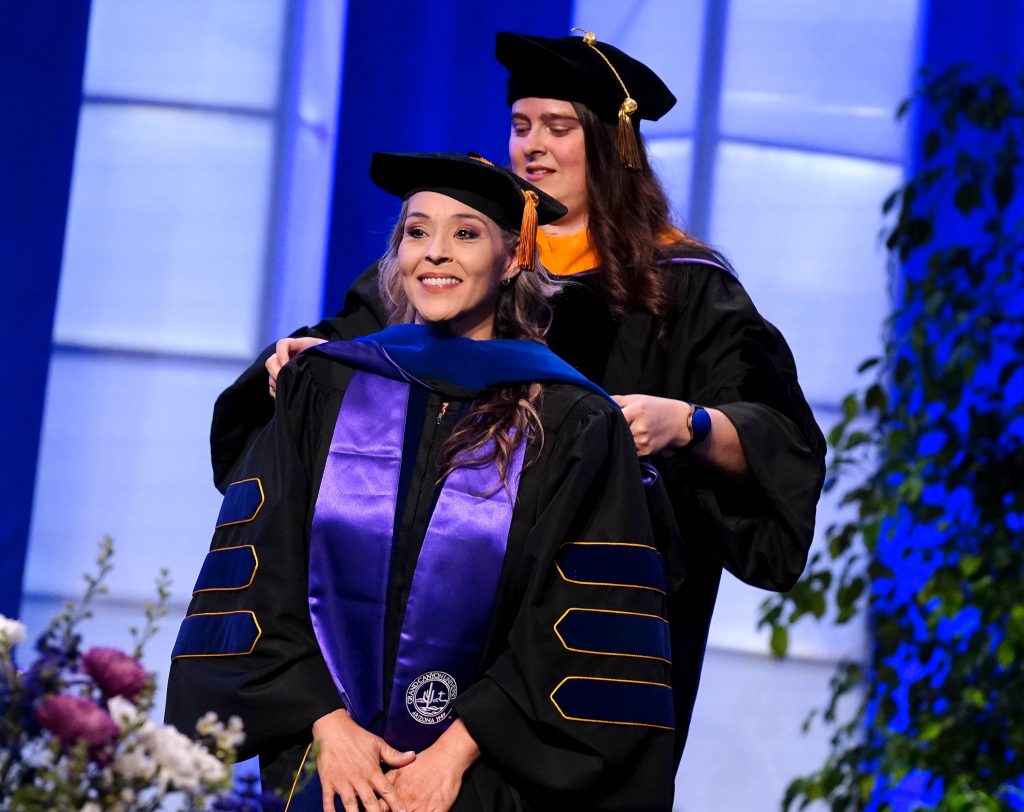
“There just seemed to be so much hatred, and nobody knows how to fix it. So this is kind of what I consider to be a start of something where, ‘Hey, we can work together to fix the problems that we currently have.’”
Alexander successfully defended her doctoral dissertation at Grand Canyon University, titled “Procedural Justice and Traffic Stops, A Community Perspective,” in October.
It gained attention around the country, most recently with the Preusser Research Group, which is focused on developing curriculum for law enforcement on procedural justice, and with Johns Hopkins University, which is developing a law enforcement liaison academy for the National Institute for Criminal Justice Reform.
Alexander admitted she was wowed last fall after being praised for her efforts by John Marshall at the Impaired Driving and Traffic Safety Conference, presented by the International Association of Chiefs of Police. Marshall is the director of the Office of Safety Programs at the National Highway Traffic Safety Administration and the son of former U.S. Supreme Court Justice Thurgood Marshall.
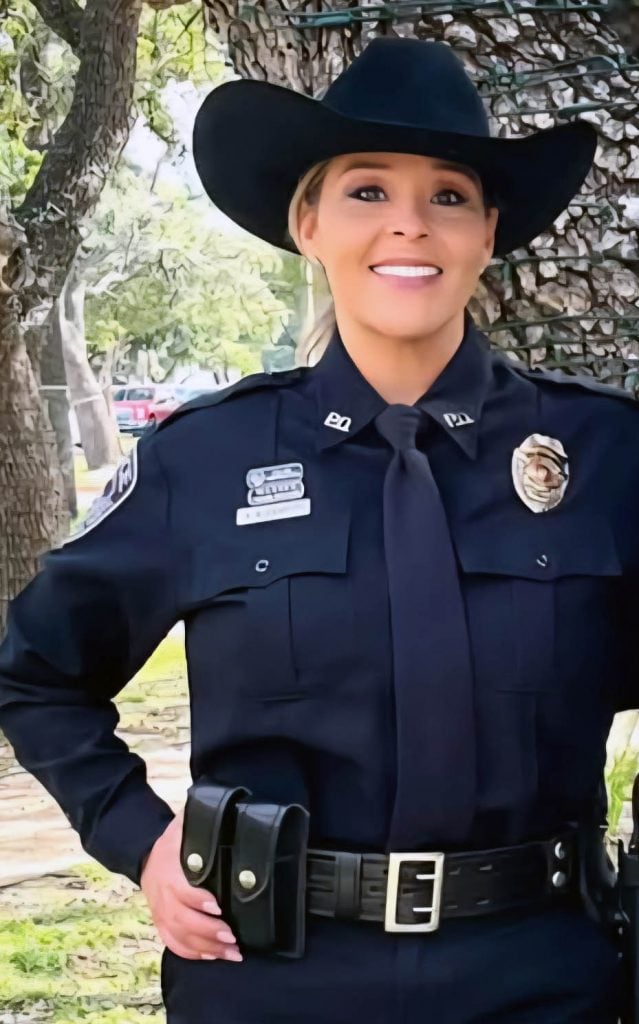
“I’m honored to work beside so many wonderful people who get it and want to change things.”
Her focus was seeking input from community members and letting them know why there was so much high-visibility enforcement.
“The No. 1 interaction between law enforcement and community members is traffic stops,” Alexander said. “So why not focus on traffic stops and what can be done better with traffic stops to put people more at ease, because we have unfortunate things happening in our society right now.
“Texas has been ranked No. 1 in line-of-duty deaths for quite some time. The way I’m talking to law enforcement currently is I’m basically saying, if you’re that guy that stops someone on a traffic stop and that guy that everyone knows is rude and ugly to someone maybe because you’ve had a bad day or you’re an angry person, the way I’m putting it to them is, you got to think about the trickle-down effect. That effect that you have on that one person could lead later on to the death of a police officer.
“So if you want blood on your hands, that’s kind of the way you can tie it together.”
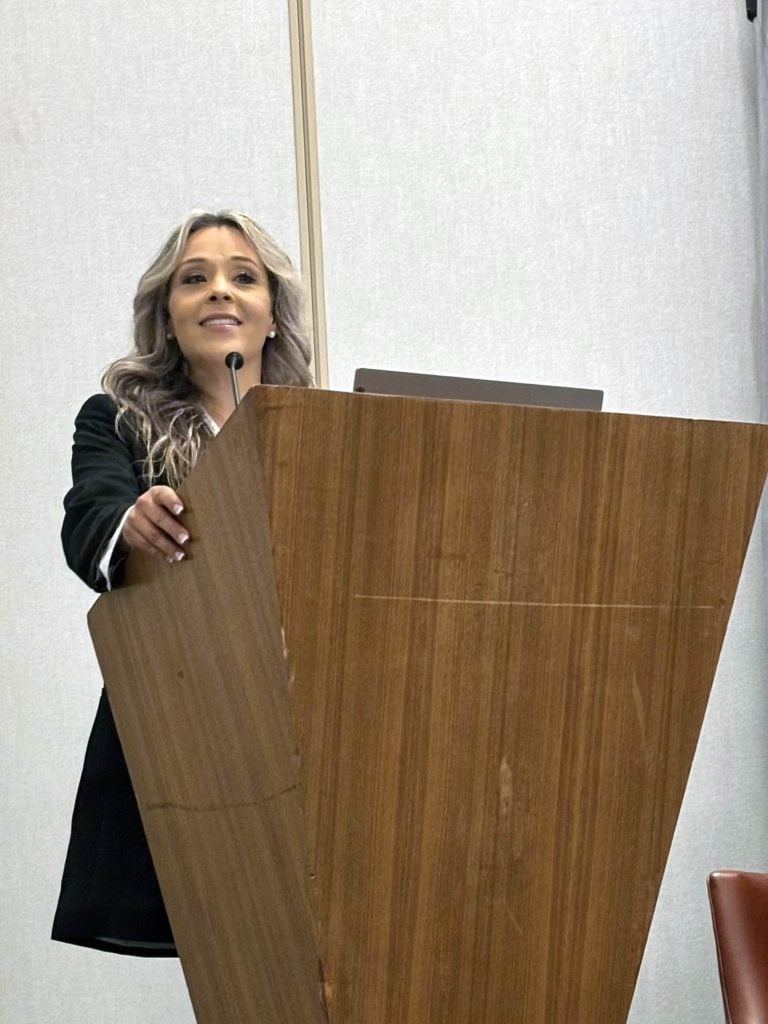
As a law enforcement officer for 21 years, Alexander said many of her colleagues believe, ‘Well, we’re going to do it this way, and I don’t really care.’
But that mindset could change when you explain, “Look, what you do on a traffic stop can affect someone later on,” Alexander said.
“Because I’m able to share this in Texas and nationwide, that message is being spread. It’s going to take awhile, but it’s getting there.”
Dr. Rob Hess, Alexander’s doctoral chair, said, “She’s uniquely positioned to share the results of her study because she’s a trainer, not only in Texas but also training and developing curriculum nationwide. That’s what I really like about her study. She learned something and is applying it. Application is so important.”
Despite testing positive for COVID five times and coping with lupus, an illness that can damage organs and tissues, Alexander was determined to complete her dissertation and help police chiefs and sheriffs who have been baffled by not finding a solution.
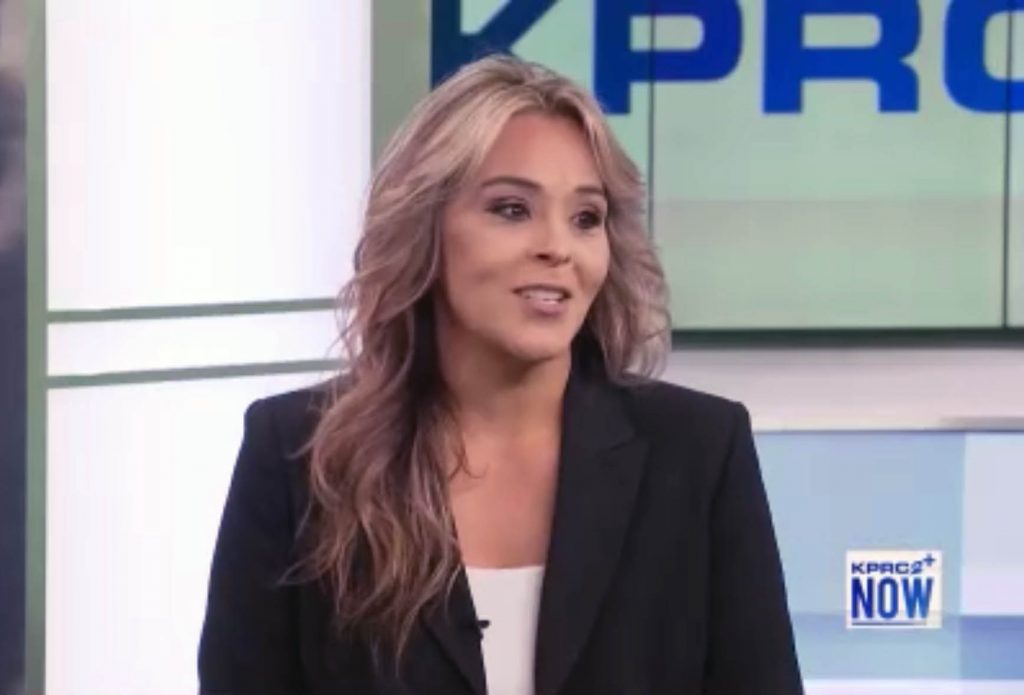
“You just have to be strategic when you do it,” Alexander said. “I grew up a military brat, and I tell anybody and everybody that if everybody grew up the same way I did, we wouldn’t have half the problems we have in society. Because we didn’t see anything remotely close to what our society sees here.
“Everybody’s dad did the same job. … It was a great environment, but it also gave me that background to where I never meet a stranger, but I want to talk to everybody.”
The solution, according to Alexander, is simple.
“When you stop someone on traffic, all you need to do is smile and maybe not put your hand on your gun and respect people,” Alexander said. “And don’t degrade or yell at them. There’s no need for it, because, again, there’s some folks out there that we have one far side to the other far side, and what I try to explain to people is that everyone can be affected by this.”
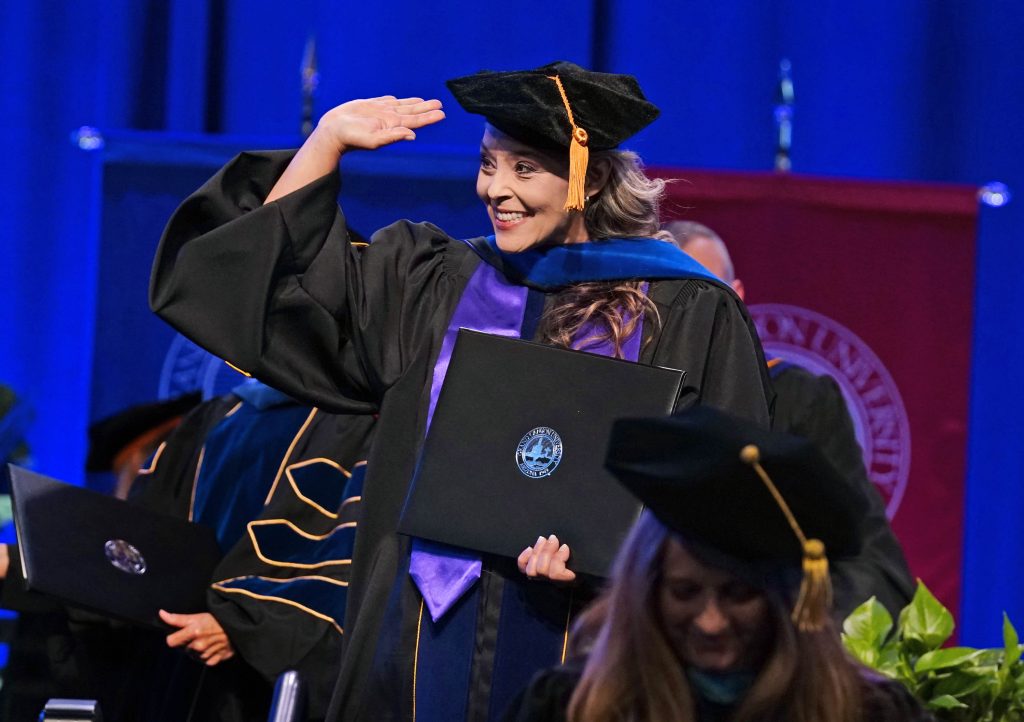
Alexander was scheduled to be accompanied by her fiancé of three years when she travels from Texas to participate in commencement ceremonies.
After informing her she had successfully defended her dissertation, Hess told Alexander, “OK, now you can get married.”
“A lot of times dissertations are completed, and then they go on the shelf and don’t get applied,” Hess said. “What Katie is doing is applying this. It’s got credible national implications, and she’s realizing that from the very beginning. I got high expectations of her, and she’s exceeded those expectations with applying the results of her dissertation.”
GCU senior writer Mark Gonzales can be reached at [email protected]
***
Related content:
GCU News: Solid mechanics of dissertation earns engineer 1st Dissertation of Year award









































































